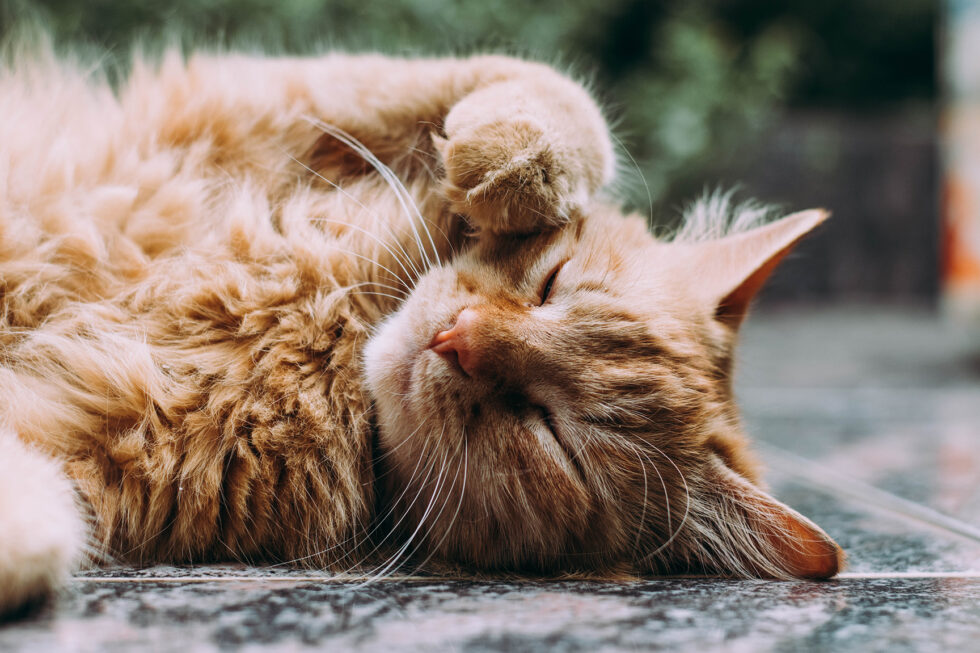Treating Diabetes in Cats

Feline diabetes is a challenging disease that requires treatment from a committed veterinarian.
If your cat suffers from diabetes, Animal Care Center of Castle Pines can help. Our expert veterinarians excel at treating diabetes in cats. With dedicated care, your cat can enjoy a long and lively lifetime in spite of feline diabetes.
Diabetes is one of the most common endocrine disorders in domestic cats. Cats can suffer from both Types I and Type II diabetes, although Type II is the most common. Because diabetes affects domestic cats but is very rare in feral cats, environment and diet may be tied to the cause. Risks for diabetes in cats include obesity and physical inactivity, conditions that ordinarily apply to house cats.
Symptoms of Diabetes in Cats
If your cat seems ravenous but is still losing weight, this could be a sign of diabetes. Cells get their energy from blood sugars or glucose, and they need insulin to absorb and utilize it. However, diabetes changes the way that the cells respond to insulin and blocks their access to glucose. Without glucose, the cells will start seeking other energy sources and turn to break down fats and proteins instead. Your cat will be hungry all the time because they just aren't able to get the energy they need.
Excessive thirst, combined with excessive urination, could also indicate diabetes. The body needs to excrete high levels of unabsorbed blood glucose through the urine to prevent complications. As the need to urinate increases, more and more water gets excreted along with the glucose. Increased urination can lead to dehydration, as well as increased thirst. If your cat urinates more frequently and more heavily, and appears dehydrated or can't seem to drink enough water, this could be a sign of diabetes.
Diagnosis and Treatment
First, your veterinarian will ask you about any of the symptoms you've noticed. Next, they'll take blood and urine tests to measure the levels of glucose and fructosamine levels. High concentrations of glucose can indicate feline diabetes, and high fructosamine will confirm the diagnosis. The treatment for feline diabetes focuses mainly on restoring normal glucose levels through diet. However, insulin injections may also be necessary for some cats.
Diet usually plays the biggest role in treating feline diabetes. Your veterinarian at Animal Care Center will help you plan a careful diet and appropriate portions for your cat. You may need to begin measuring food intake, switch over to wet food from dry food or start preparing your own cat food. Obese cats will need to lose weight in order to manage their diabetes, while lean cats may need significantly larger, high-protein meals.
Contact Us
Although there is no cure for diabetes in cats, there is no reason for your pet to suffer. If your cat exhibits any of the symptoms of feline diabetes, contact Animal Care Center of Castle Pines to schedule an examination. With prompt diagnosis and dedicated care, your feline fur baby can live a longer, happier life.

